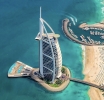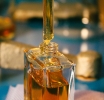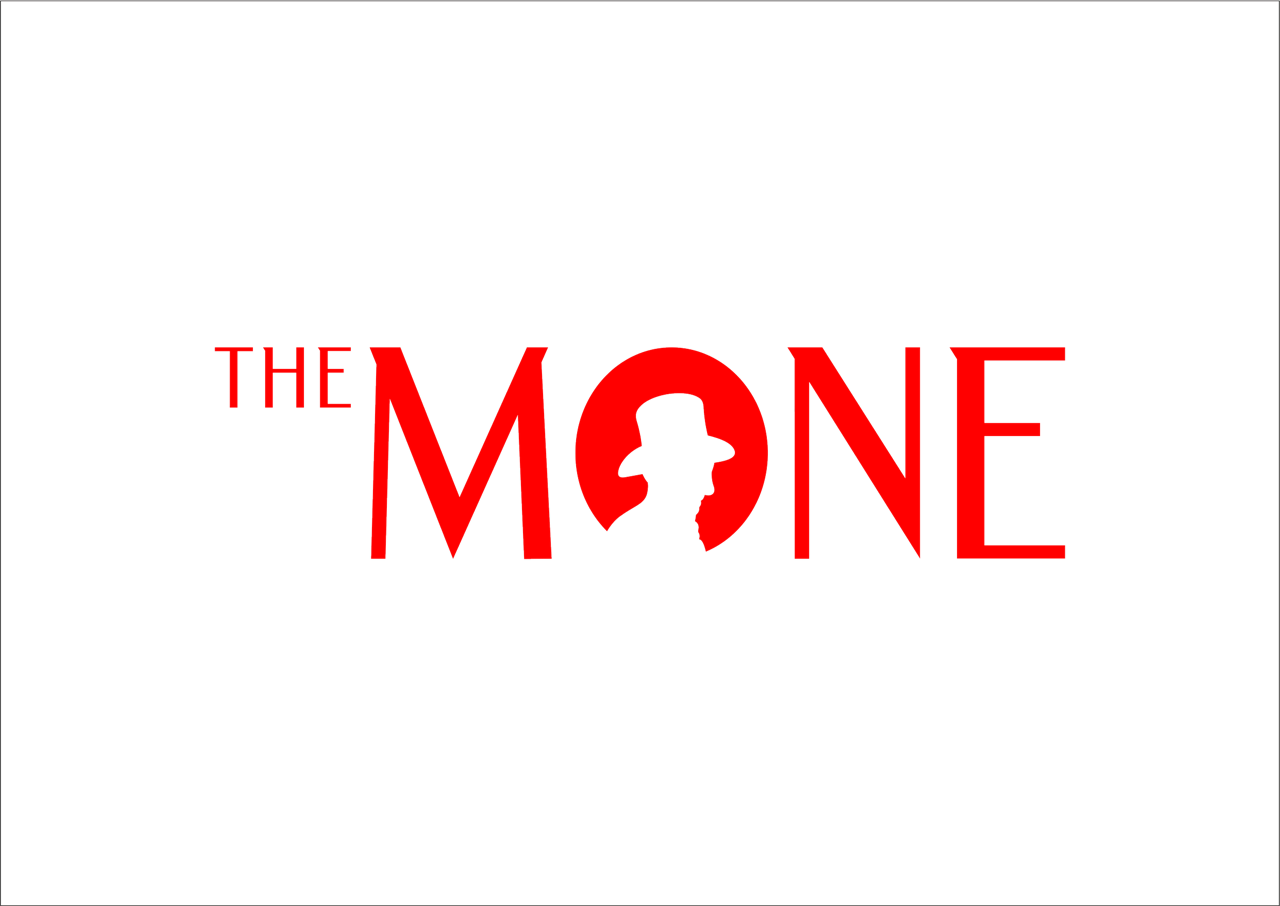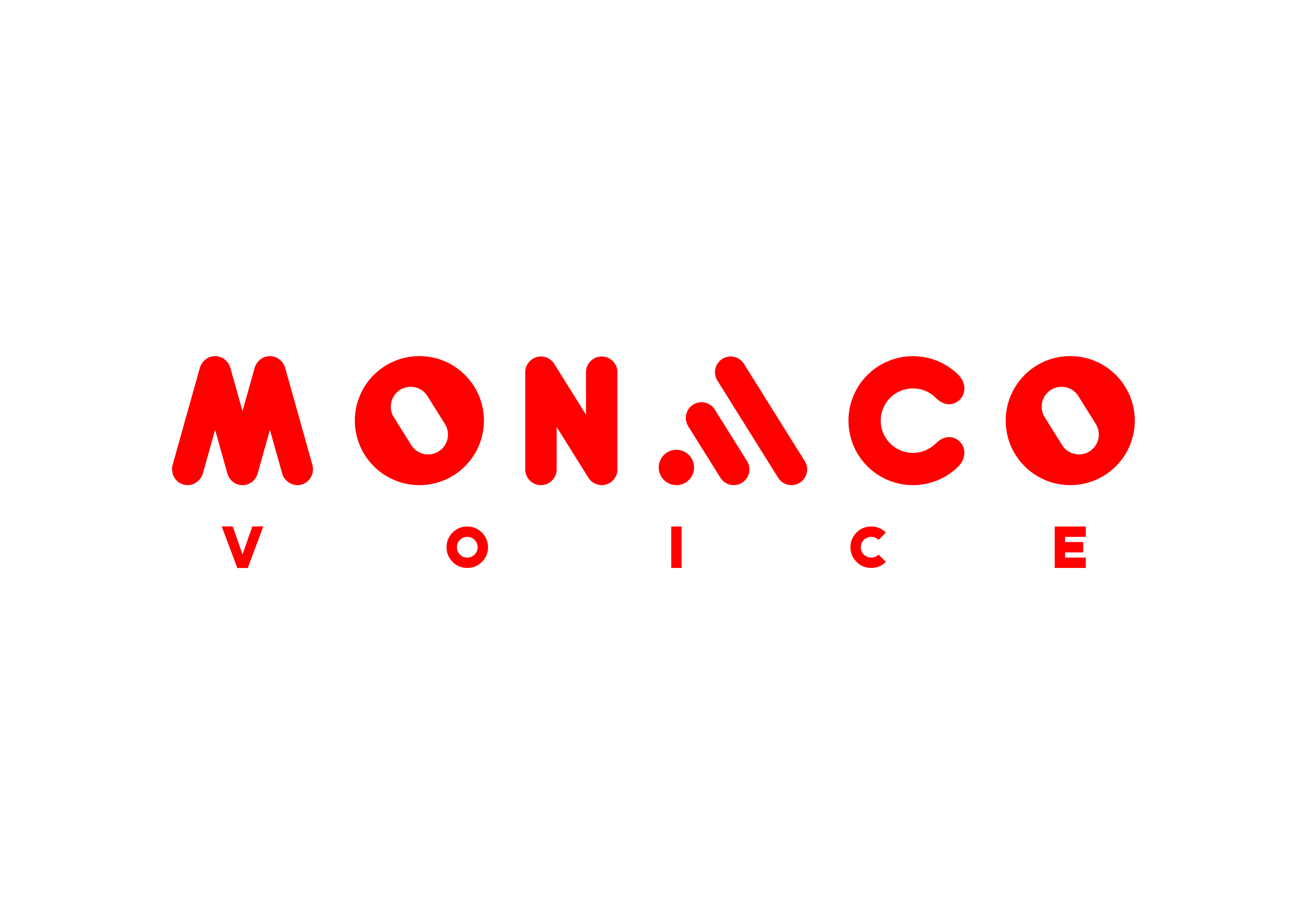Dubai’s Souks: Where Tradition Thrives Amid Modernity
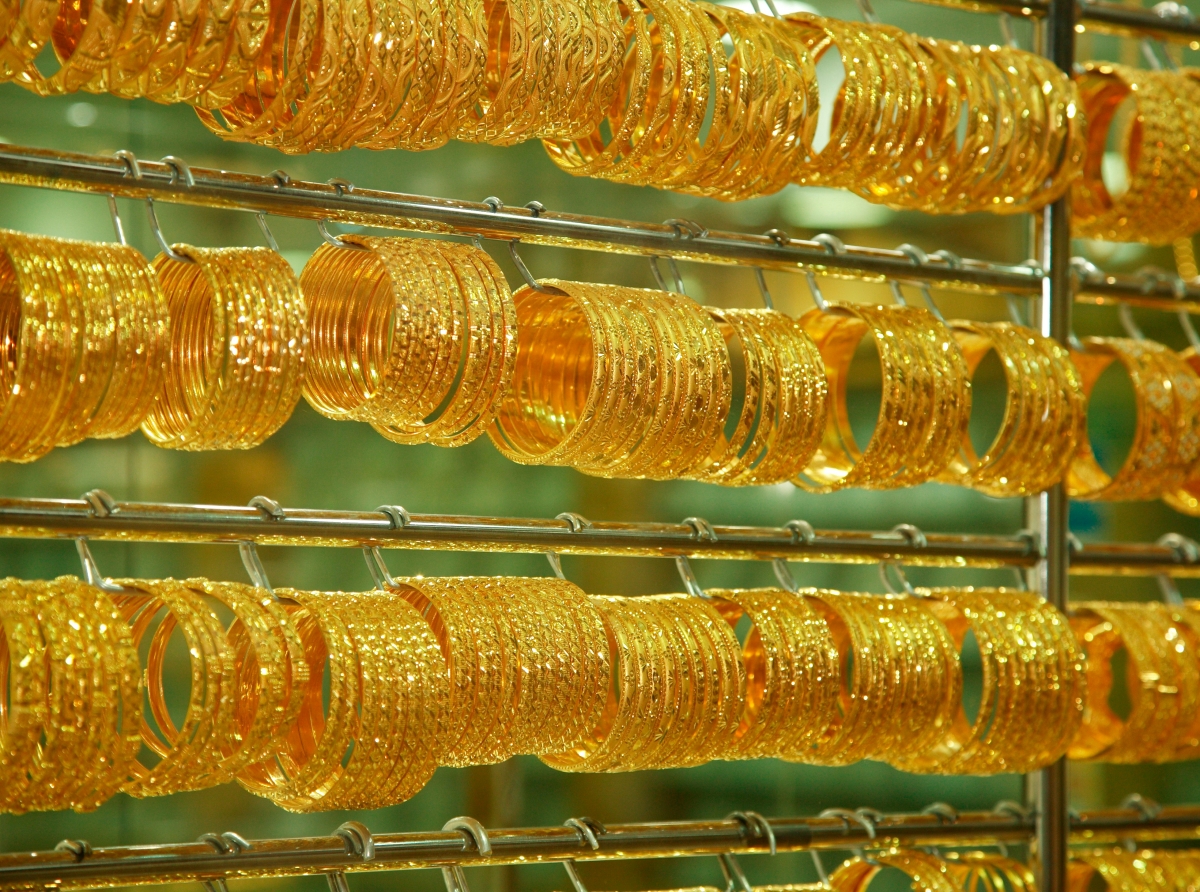
In Dubai, a city synonymous with vertiginous skyscrapers and futuristic ambition, the traditional souks of Deira offer a vivid counterpoint—a sensory plunge into the emirate’s storied past. These bustling marketplaces, nestled along the banks of Dubai Creek, are more than mere shopping destinations; they are living relics of a trading culture that has shaped the city for decades. Amid the gleam of the Burj Khalifa and the sprawl of megamalls, the Gold Souk and Spice Souk remain defiant bastions of tradition, drawing locals and tourists alike with their chaotic charm and cultural resonance.
The Gold Souk, with its labyrinthine alleys hosting over 300 retailers, is a dazzling spectacle. Shop windows brim with intricate jewelry—gold necklaces, bangles, and rings crafted with a precision that reflects generations of artisanship. The Dubai government regulates gold prices here, ensuring transparency in a market where 24-karat treasures glitter under fluorescent lights. In 2023, the souk’s footfall surged by 12%, a testament to its enduring allure in a city that often seems to prioritize the new over the nostalgic. Bargaining is not just expected but celebrated, a ritual that connects visitors to the region’s mercantile heritage. A buyer might haggle over a gold chain, only to find the exchange as much about conversation as commerce—a nod to the social fabric that once defined trade along these shores.
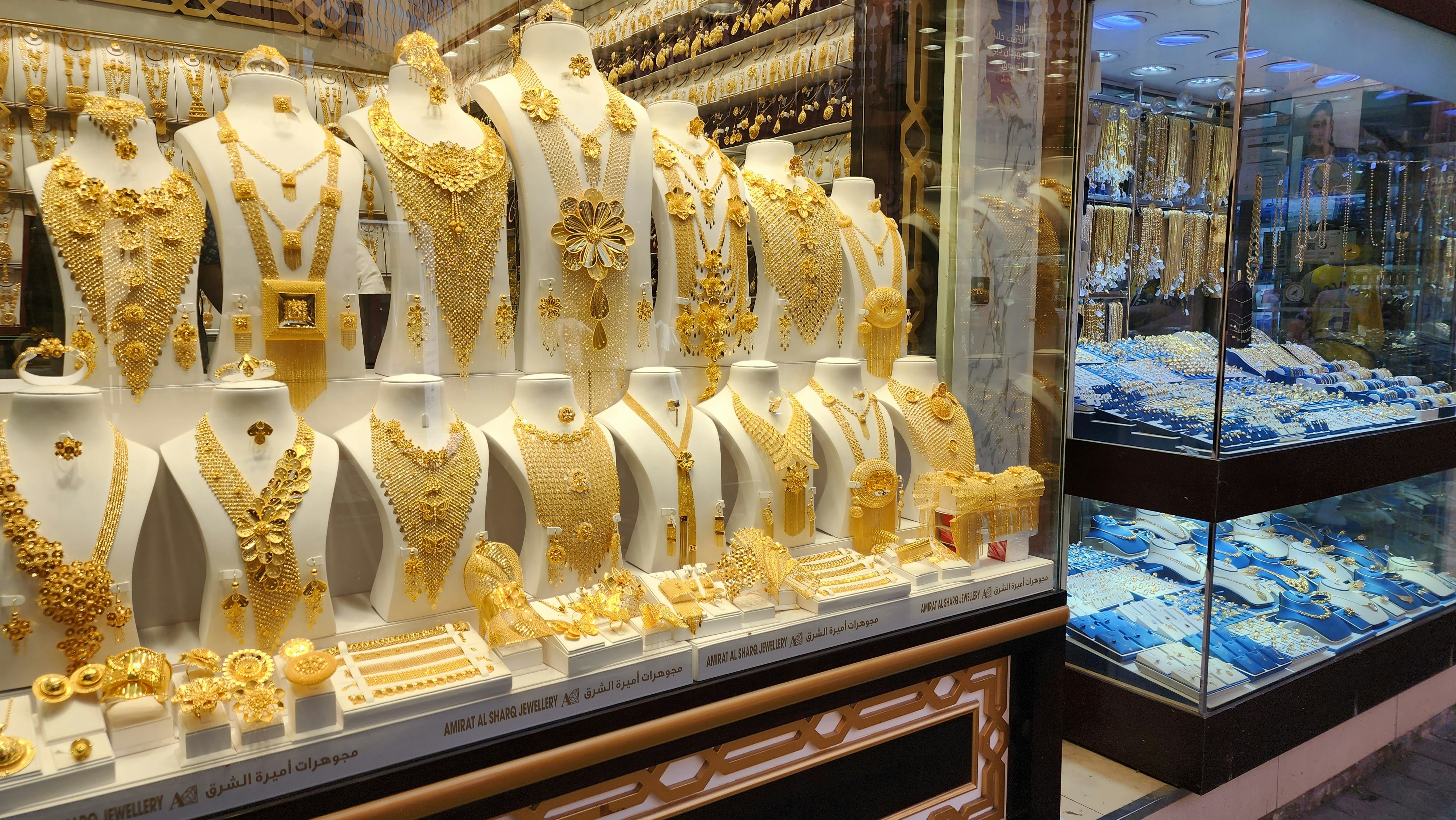
Steps away, the Spice Souk assaults the senses with heaps of saffron, sumac, and cardamom, their vibrant hues and pungent aromas filling the air. Burlap sacks overflow with ingredients central to Emirati cuisine, from dried limes to fiery chili blends, offering a glimpse into the culinary traditions that persist in Dubai’s multicultural tapestry. Vendors, many of whom have tended stalls for decades, share stories of their wares’ origins—saffron from Iran, cinnamon from Sri Lanka—while encouraging passersby to sample their goods. This tactile, unhurried commerce stands in stark contrast to the city’s air-conditioned megamalls, where transactions are swift and impersonal.
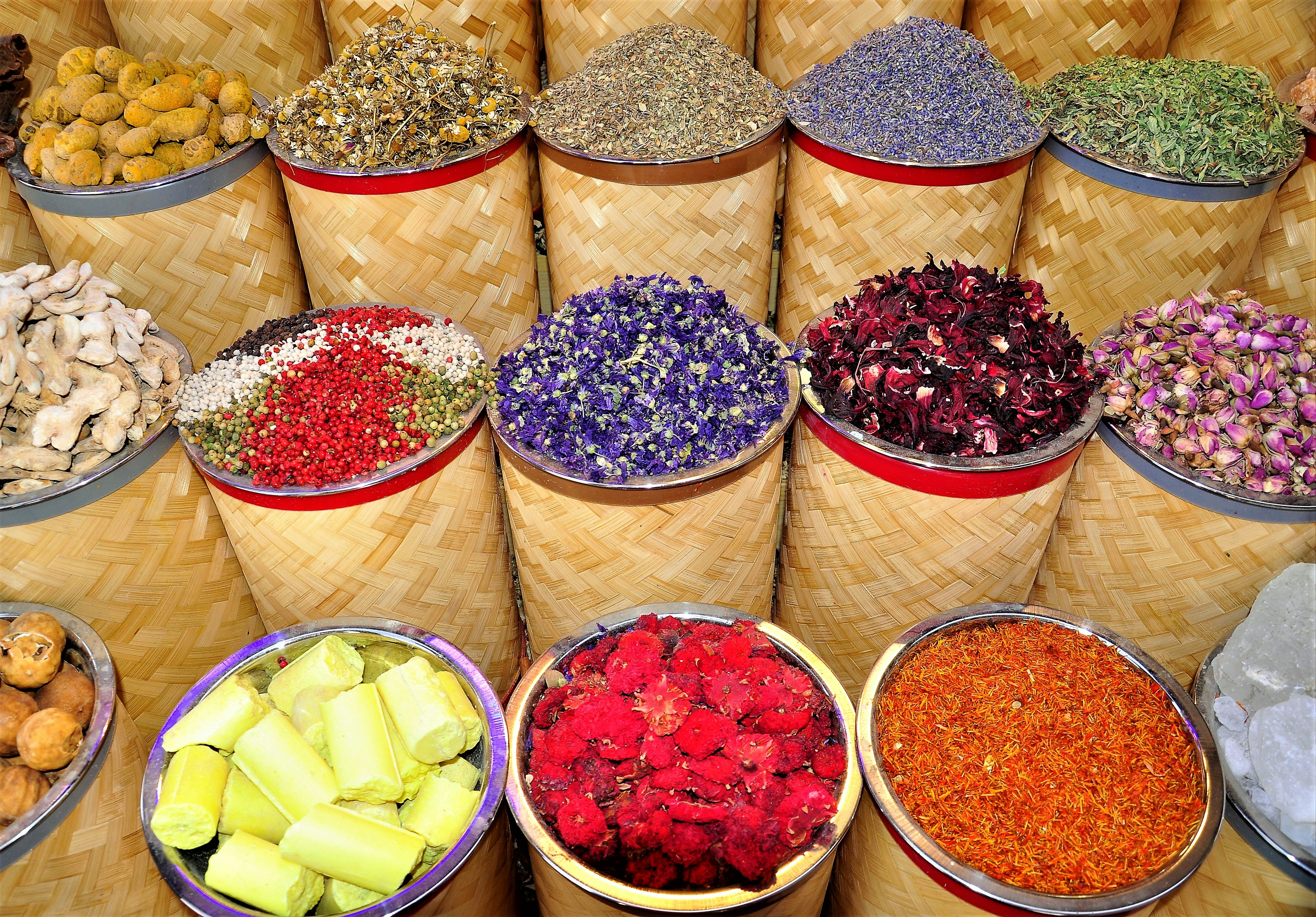
The souks’ vitality lies in their ability to evolve while remaining rooted. Dating back to Dubai’s pre-oil era, when the creek was a hub for pearl divers and traders, these markets have adapted to a globalized world without losing their soul. They cater to tourists seeking souvenirs and locals sourcing ingredients for family recipes, bridging the old and the new. Yet, their survival is not guaranteed. As Dubai leans further into its futuristic identity, the souks face competition from sprawling retail complexes. Their 2023 visitor increase, reported by Dubai’s Department of Economy and Tourism, suggests resilience, but it also underscores the need to preserve these cultural landmarks.
To walk through Deira’s souks is to encounter Dubai’s paradox: a city that races toward tomorrow while cherishing its yesterdays. The clink of coins, the chatter of haggling, the scent of spices—these are the threads that weave Dubai’s past into its present. For now, the souks endure, inviting all who enter to pause, bargain, and savor a tradition that refuses to fade.
Photo credits: Unsplash.
Disclosure: Dubai Voice enhances the editing process with the help of carefully selected AI tools. These tools provide valuable support without taking over the editing process completely, ensuring that the final product is the result of human creativity and expertise augmented by the benefits of enhanced technology. This article is protected under the copyright of Dubai Voice. Unauthorized reprinting, republishing, or rewriting of this content is strictly prohibited without explicit permission from Dubai Voice. Quotations from this material are permissible provided that a direct link to the full article on Dubai Voice is included.


